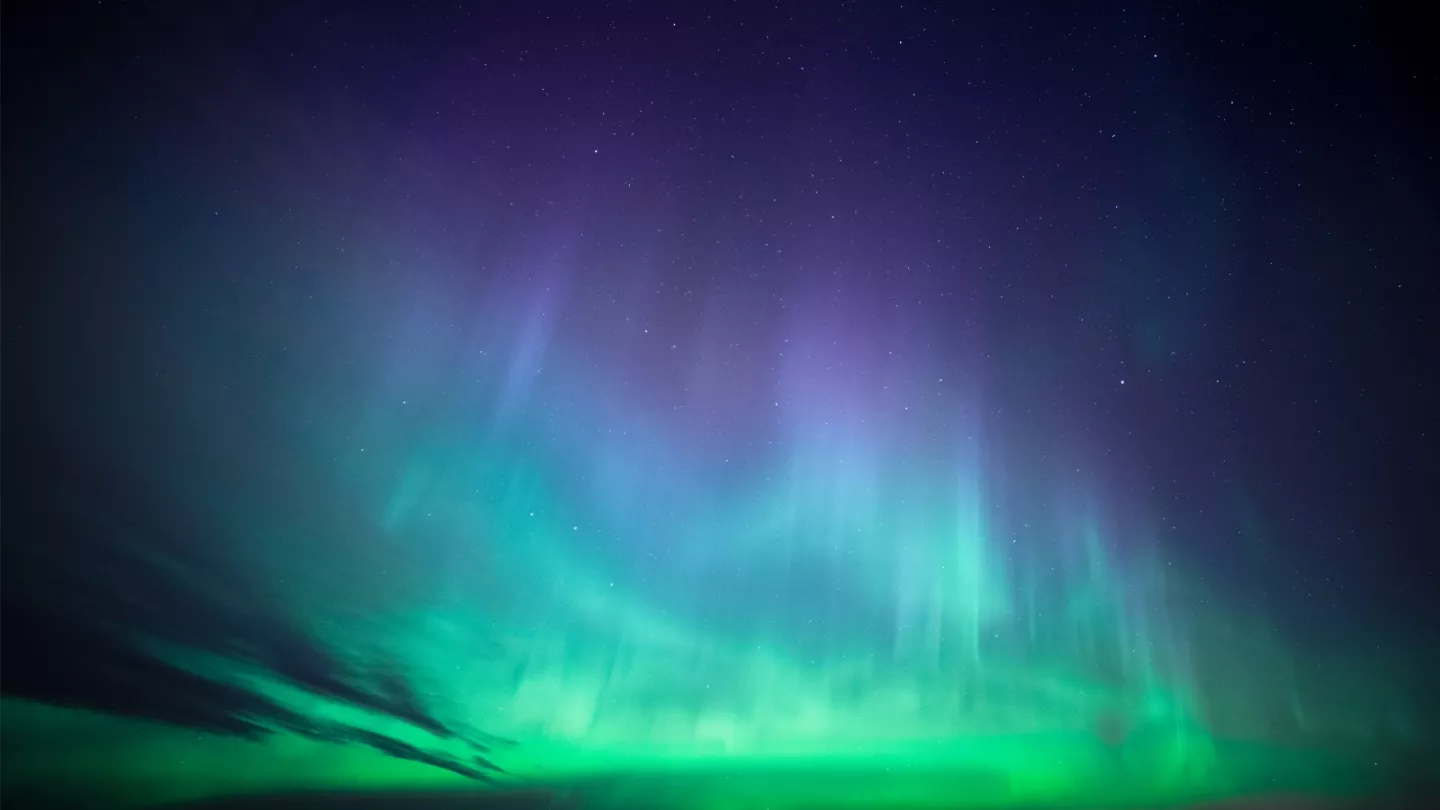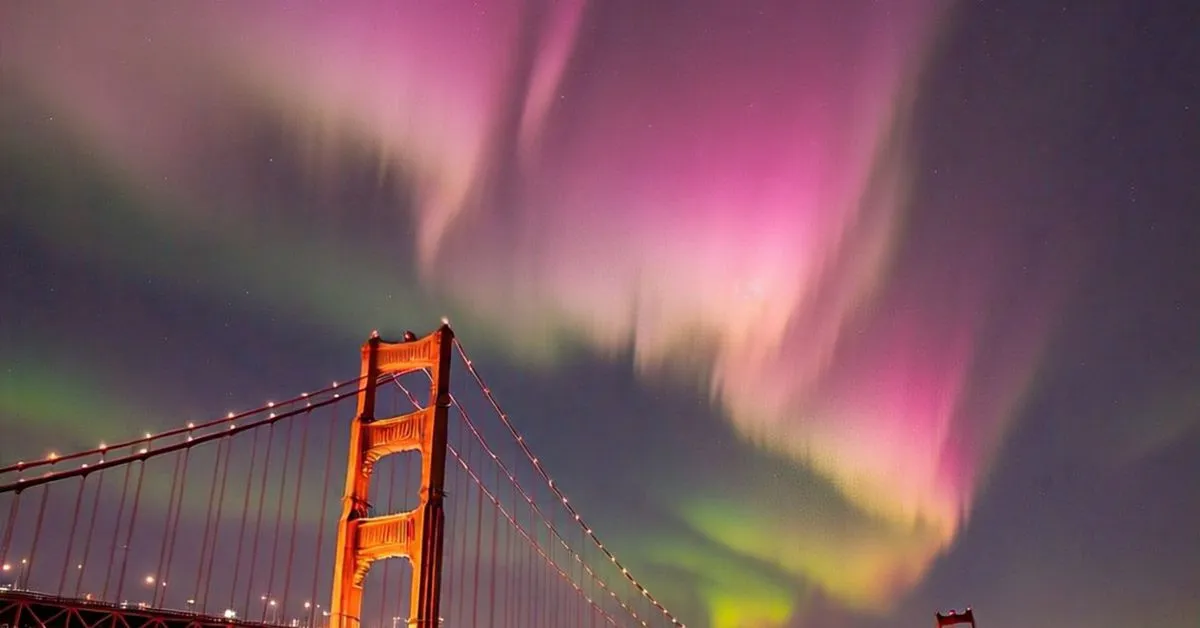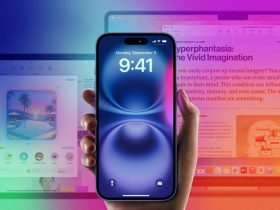Meta recently suggested a rather unconventional way for those who missed the chance to see the Northern Lights on Thursday night to still enjoy the experience: by using AI-generated images. The social media platform shared three AI-created pictures of the Aurora Borealis, showcasing the lights above iconic locations such as the Golden Gate Bridge, a city skyline, and a Ferris wheel.
This post seemed to capitalize on the trending moment as people shared their own breathtaking photographs of the Northern Lights, which had made a rare and spectacular appearance across the United States.
However, the response from Threads users to Meta’s suggestion was largely negative. While some commenters participated by sharing their own AI-generated images of the Northern Lights, the majority of the feedback included critical and sometimes angry reactions.
Users expressed their discontent with Meta’s attempt to insert AI imagery into a moment that was meant for authentic celebration. Instead of appreciating the AI’s capabilities, many felt it detracted from the significance of the natural phenomenon that was being celebrated.

Among the responses were varied tones, including thoughtfully critical comments, all-caps expressions of frustration, and even some humorous takes on the situation. One user, identifying as an astro/particle physicist and AI scientist, offered particularly detailed and insightful feedback on the implications of using AI in this context. Others responded with authenticity by sharing their own photographs of the Northern Lights, highlighting the importance of genuine experiences over artificial representations.
The backlash against Meta’s post reflects a broader cultural sentiment regarding the role of AI in art and photography. Users emphasized that their posts were not just about showcasing beautiful images but were part of a communal experience of witnessing a rare event. The shared celebration of the Northern Lights contributed to a sense of connection among those who had the opportunity to experience it, contrasting sharply with Meta’s attempt to replace that experience with an AI-generated alternative.
As society grapples with the ethical implications of AI, including its impact on creative fields and the authenticity of shared experiences, posts like Meta’s risk being perceived as tone-deaf.
The ongoing debates surrounding AI’s influence on photography and the creative arts suggest that such missteps may continue as companies navigate the complex relationship between technology and human experience. Until a consensus emerges regarding the ethical use of AI-generated content, brands may find it challenging to engage meaningfully with audiences seeking genuine connection.







Leave a Reply